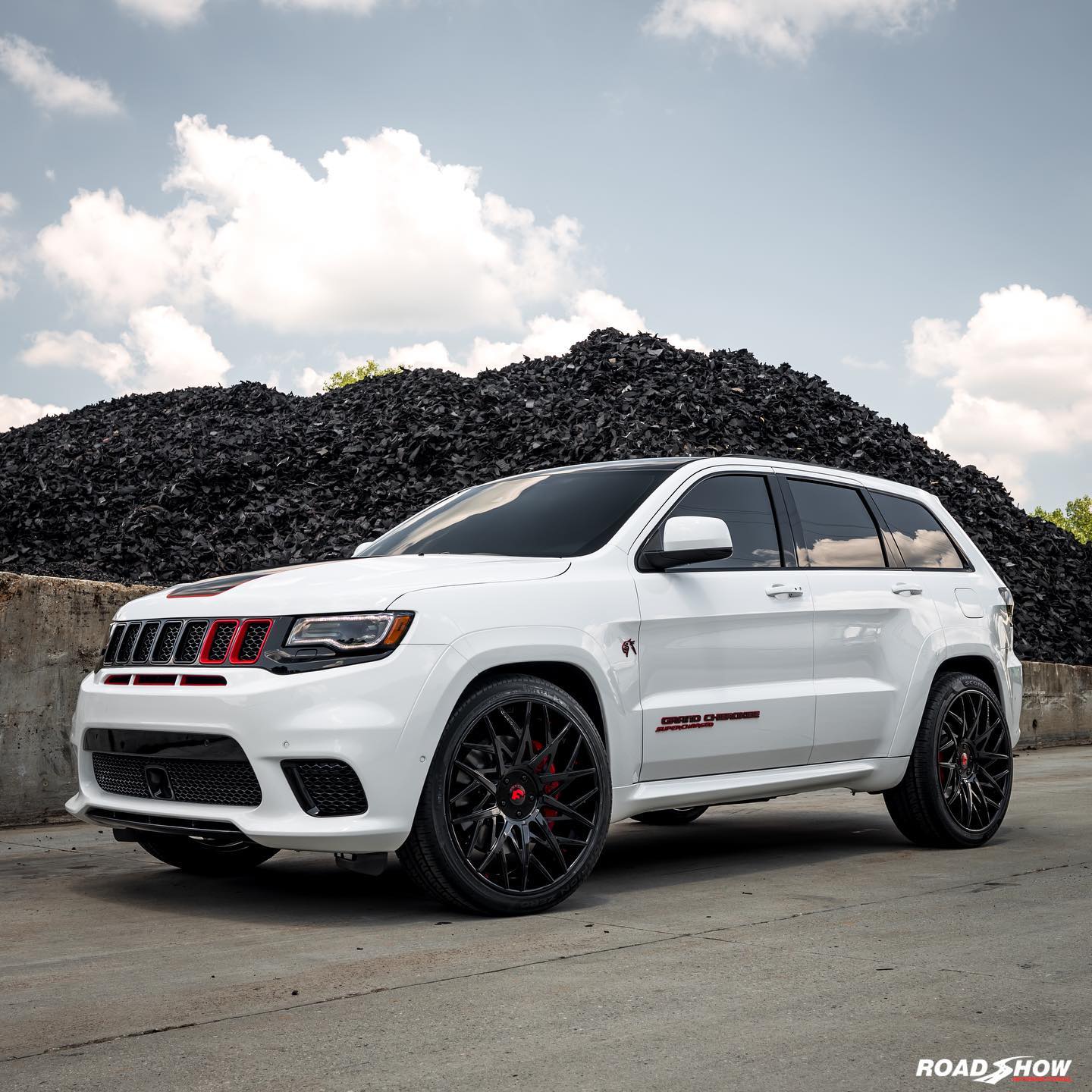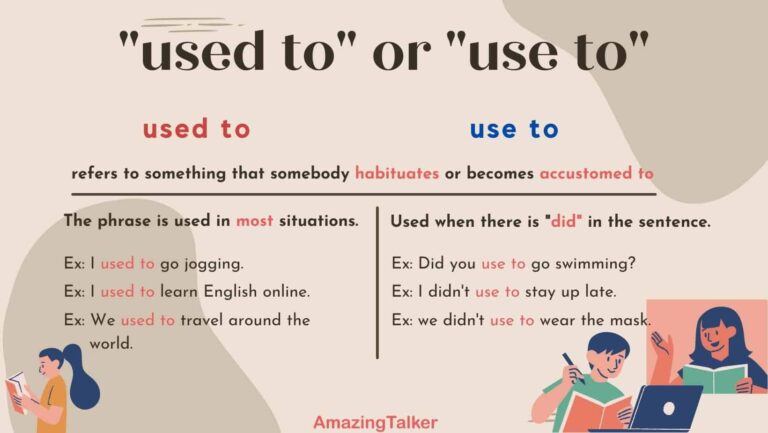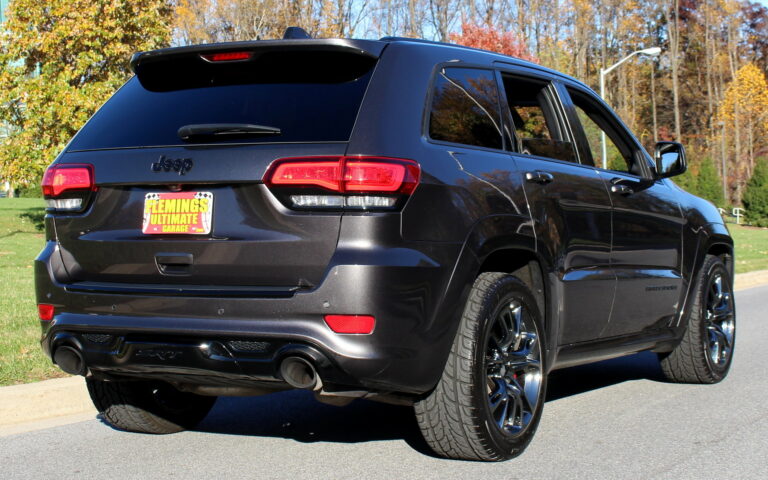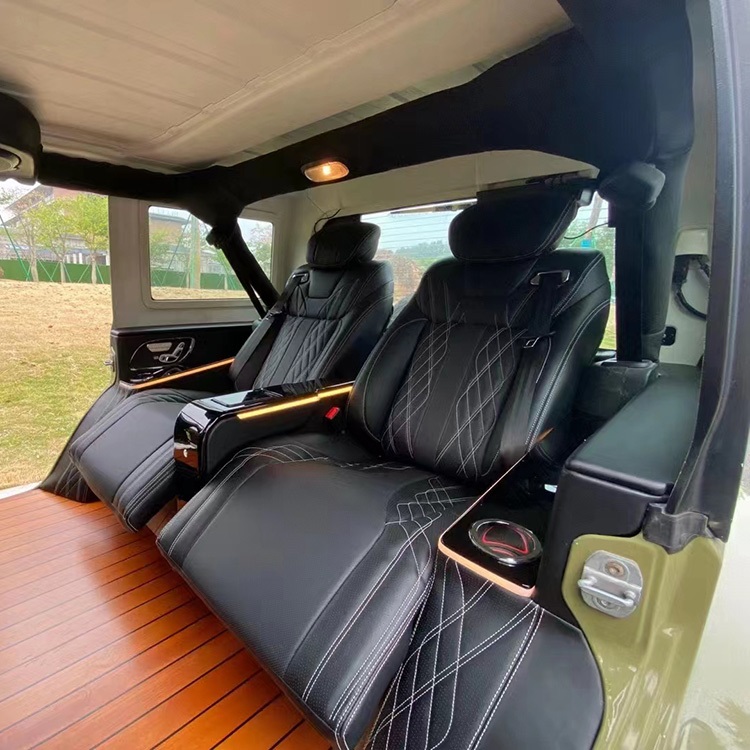Jeep TJ Hardtop For Sale: Your Ultimate Guide to Finding the Perfect Fit
Jeep TJ Hardtop For Sale: Your Ultimate Guide to Finding the Perfect Fit /jeeps.truckstrend.com
For many Jeep Wrangler owners, the TJ model (produced from 1997 to 2006) represents a golden era of rugged simplicity and off-road prowess. While the open-air freedom of a soft top is iconic, the practicalities of daily driving, security, and year-round comfort often lead TJ owners to seek out a hardtop. A Jeep TJ hardtop for sale isn’t just an accessory; it’s an essential upgrade that transforms the vehicle, offering enhanced security, improved weather protection, and a quieter cabin. This comprehensive guide will navigate you through everything you need to know about finding, buying, and maintaining the ideal hardtop for your beloved TJ.
Why Choose a Hardtop for Your Jeep TJ? The Unsung Benefits
Jeep TJ Hardtop For Sale: Your Ultimate Guide to Finding the Perfect Fit
While the soft top embodies the quintessential Jeep spirit, a hardtop offers a compelling array of advantages that make it a highly sought-after component for TJ owners. Understanding these benefits is the first step in appreciating the value of a hardtop.
- Enhanced Security: Unlike a fabric soft top that can be easily cut or unzipped, a hardtop provides a robust barrier against theft and vandalism. It offers a significantly more secure environment for your valuables and peace of mind when parked.
- Superior Weather Protection: From torrential rain and heavy snow to scorching summer sun, a hardtop offers unparalleled protection from the elements. Its rigid construction prevents leaks, insulates the cabin more effectively against extreme temperatures, and keeps the interior dry and comfortable.
- Reduced Cabin Noise: One of the most common complaints about soft tops is the road noise, wind buffeting, and general ambient sounds that penetrate the cabin. A hardtop, with its solid construction and often insulated headliner, dramatically reduces noise levels, making highway cruising and conversations far more pleasant.
- Increased Durability and Longevity: Hardtops are built to last, typically constructed from durable fiberglass or ABS plastic. They withstand harsh weather conditions, UV exposure, and minor impacts far better than fabric tops, offering years of reliable service with proper care.
- Improved Aesthetics and Resale Value: Many owners prefer the sleek, finished look of a hardtop, which can give the TJ a more refined appearance. Furthermore, a well-maintained hardtop can add significant value to your Jeep, whether you’re selling the vehicle whole or the top separately.
- Rear Wiper and Defroster Functionality: Most factory hardtops and many aftermarket options come equipped with a rear wiper and defroster, a crucial safety feature for maintaining visibility in adverse weather conditions that soft tops simply cannot offer.
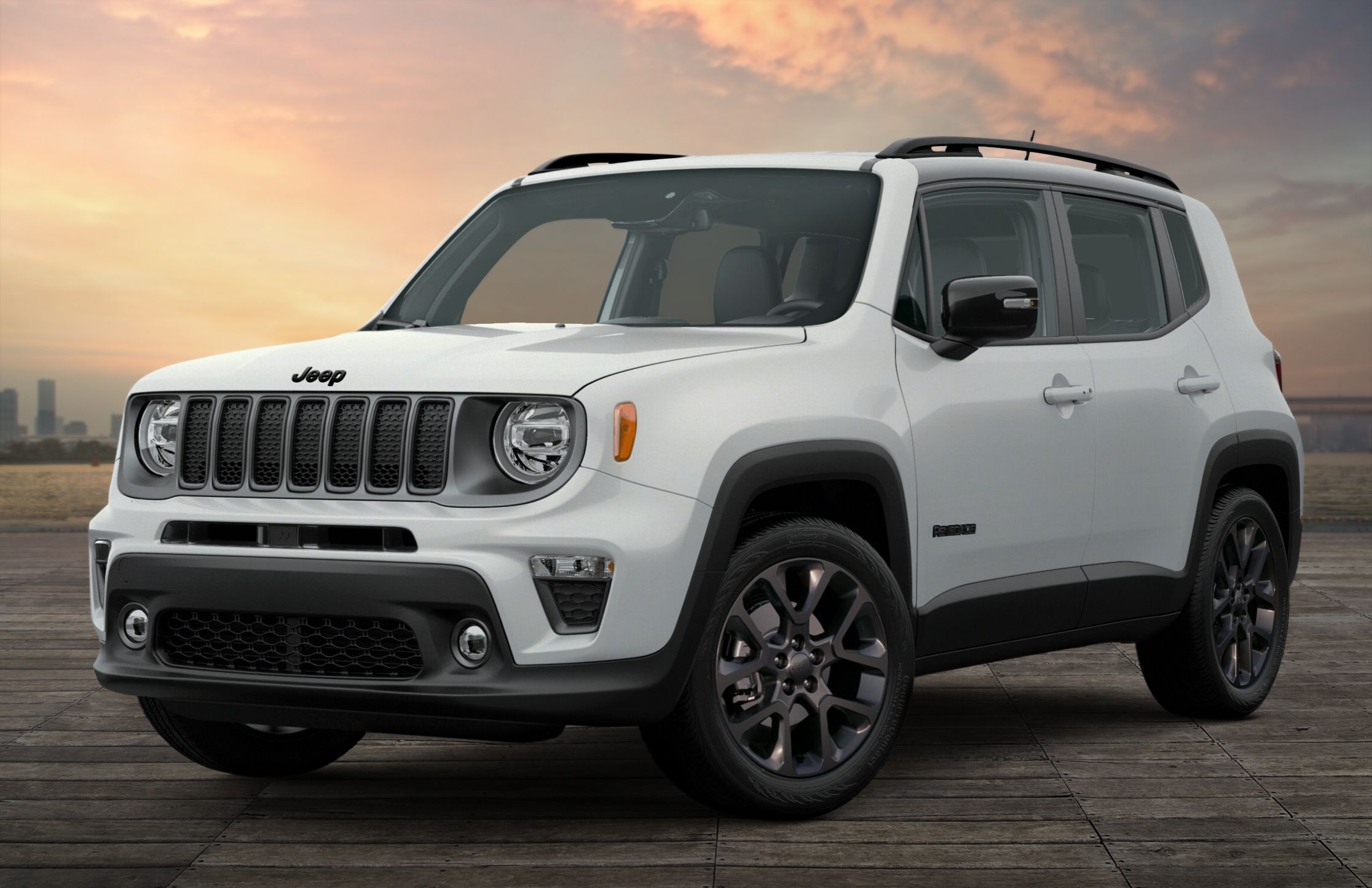
Understanding Different Types of TJ Hardtops
When you’re looking for a Jeep TJ hardtop for sale, you’ll primarily encounter two categories: factory/OEM hardtops and aftermarket hardtops.
- Factory/OEM Hardtops: These are the hardtops that came from the Jeep factory when the TJ was originally sold. They are renowned for their perfect fit, integrated wiring for the rear wiper and defroster (if the Jeep was originally equipped), and often come with an insulated headliner. OEM tops are typically made of fiberglass and are considered the gold standard for many owners due to their quality and seamless integration.
- Aftermarket Hardtops: A variety of companies produce hardtops specifically for the TJ, including well-known brands like Bestop, Smittybilt, and others. These can offer different features, finishes (e.g., textured black, paintable), and sometimes modular designs (though full single-piece hardtops are most common for the TJ). While some aftermarket tops might require minor adjustments for a perfect fit, many offer comparable quality and often come at a lower price point than used OEM tops, depending on condition and brand.

Most TJ hardtops are a single, solid shell that covers the entire passenger and cargo area. Unlike newer JK/JL models, multi-panel or modular hardtops are rare for the TJ.
Where to Find a Jeep TJ Hardtop For Sale
The hunt for a TJ hardtop can be exciting, but knowing where to look is key to success.
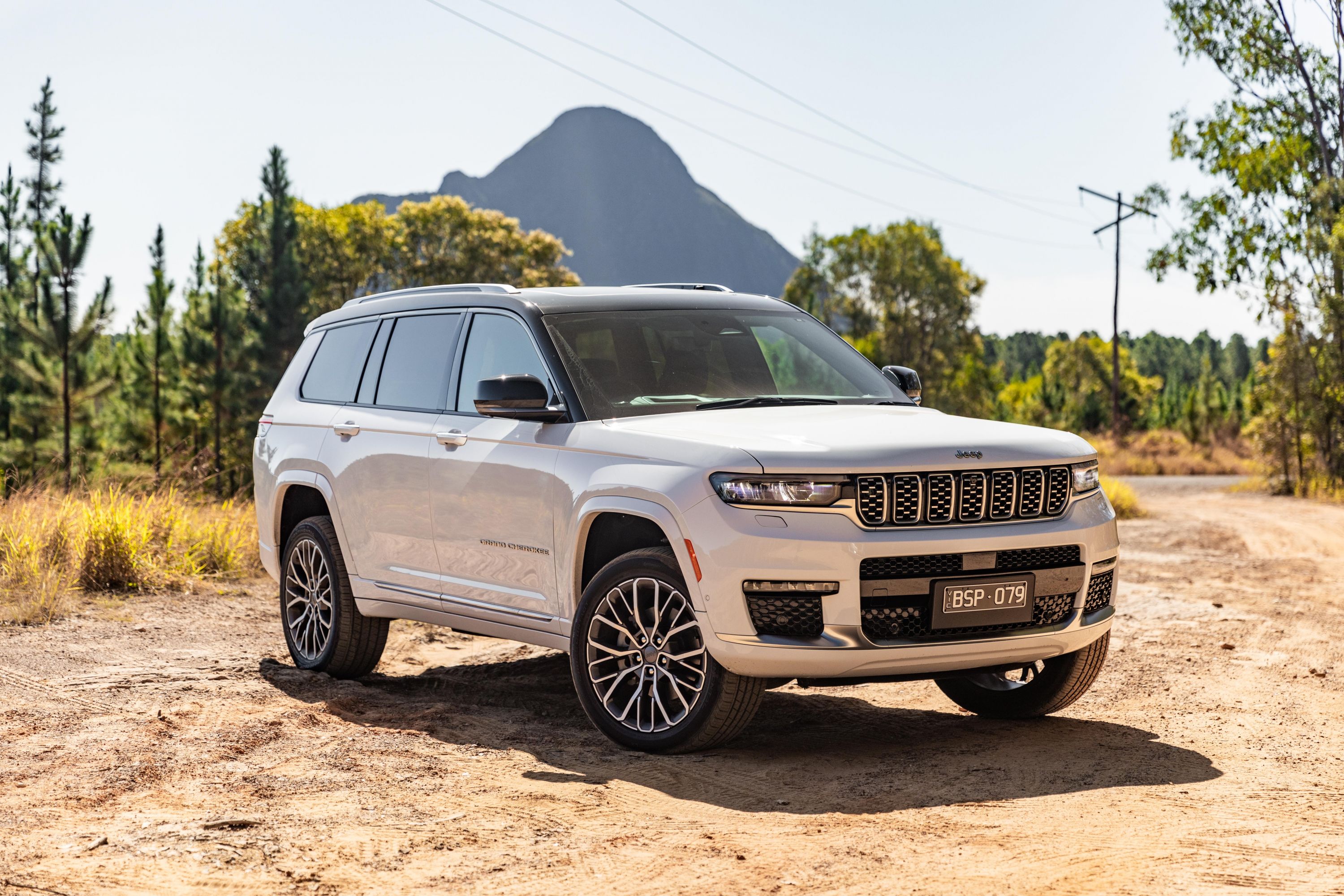
- Online Marketplaces: These are often your best bet.
- Craigslist and Facebook Marketplace: Excellent for local finds, allowing you to inspect the top in person before committing. Use specific search terms like "Jeep TJ hardtop," "Wrangler hardtop," or "TJ top."
- eBay: Good for both local pickups and shipping options, though shipping large items like hardtops can be expensive.
- Dedicated Jeep Forums & Groups: Websites like JL Wrangler Forums (which has a TJ section), TJ Forum, and various Facebook groups dedicated to Jeep TJs or parts for sale are invaluable resources. Members often sell parts directly to others in the community.
- Local Salvage Yards/Junkyards: While it can be hit-or-miss, a salvage yard might have a TJ that’s been totaled but still has an intact hardtop. Prices here can be significantly lower, but condition will vary widely.
- Specialized Jeep Parts Dealers: Some businesses specialize in new and used Jeep parts. A quick online search for "used Jeep TJ parts" or "Jeep salvage" in your area might yield results.
- Word of Mouth & Local Off-Road Clubs: Networking with fellow Jeep enthusiasts in your area can lead to hidden gems. Someone in a local club might be looking to sell their hardtop, or know someone who is.
Key Considerations When Buying a Used TJ Hardtop
Purchasing a used hardtop requires careful inspection to ensure you’re getting a good deal and not inheriting problems.
- Overall Condition: Inspect thoroughly for cracks, significant dents, deep scratches, and major paint fade. Small imperfections are common on used tops, but large structural damage can be costly to repair. Pay attention to the corners and edges, which are prone to damage.
- Window Integrity: Check all windows (side and rear) for cracks, chips, or delamination. Ensure the window seals are intact and pliable, not dried out or cracked, as this can lead to leaks. If tinted, check for bubbling or peeling.
- Rear Wiper and Defroster: Test these if possible. Ensure the wiring harness is present and undamaged. Replacing these components can be expensive.
- Mounting Hardware: Confirm that the hardtop comes with the necessary mounting bolts, clamps, and seals. These are crucial for a secure, watertight fit. If missing, factor in the cost of a new hardware kit (typically $50-$150).
- Headliner/Insulation: Check the interior headliner for sagging, tears, mold, or water stains, which could indicate past leaks.
- Seals and Gaskets: Examine all weatherstripping and seals around the doors and tailgate opening. These are vital for preventing leaks and reducing noise. Worn seals can often be replaced, but it’s an added cost.
- Color Match: Unless you’re lucky, a used hardtop will likely not perfectly match your Jeep’s paint. Factor in the cost of painting if a perfect match is important to you. Many owners opt for a textured black finish, which hides imperfections well.
- Fitment: Double-check that the hardtop is specifically for a Jeep TJ (1997-2006). Hardtops from other Wrangler generations (YJ, JK, JL) will not fit.
Installation Guide (Brief Overview)
Installing a TJ hardtop is a straightforward process, but it definitely requires at least two strong people or a hoist system due to its weight and bulk.
- Remove Soft Top (if applicable): Carefully remove your existing soft top, ensuring all hardware is stored safely.
- Prepare the Jeep: Clean the tub rails where the hardtop will sit to ensure a good seal.
- Lift the Hardtop: With the help of friends or a hoist, carefully lift the hardtop and position it over the Jeep.
- Align and Lower: Slowly lower the hardtop onto the tub rails, ensuring it aligns correctly with the mounting points.
- Secure the Hardtop: Use the appropriate Torx bolts and clamps to secure the hardtop to the roll bar and tub rails.
- Connect Wiring: Plug in the rear wiper and defroster harness (if your Jeep is equipped and the hardtop has these features).
- Test: Check all windows and doors for proper operation. Run water over the top to test for leaks.
Maintaining Your TJ Hardtop
Once installed, your hardtop requires minimal maintenance, but a little care goes a long way:
- Regular Cleaning: Wash the hardtop regularly with car soap and water to prevent dirt and grime buildup.
- Inspect Seals: Periodically check all seals for cracking or wear. Replace them as needed to prevent leaks.
- Minor Damage Repair: Small chips or scratches in fiberglass can often be repaired with a fiberglass repair kit and painted over.
- Wiper Blade Replacement: Replace the rear wiper blade annually or as needed for optimal visibility.
Challenges and Solutions
- Finding the Right One: It can take time to find a hardtop in good condition at a fair price.
- Solution: Be patient, broaden your search radius, and check multiple platforms regularly.
- Transportation: Hardtops are large and awkward to move.
- Solution: You’ll need a pickup truck, a utility trailer, or arrange for specialized transport.
- Condition Issues: You might find a great deal on a top that needs some TLC.
- Solution: Factor in the cost of repairs (paint, window replacement, seal replacement) when negotiating the price. DIY repairs can save money.
- Missing Parts: Sometimes a seller won’t include all the necessary mounting hardware.
- Solution: Hardware kits are readily available online, but add this cost to your budget.
- Storage When Not In Use: If you plan to swap between a soft top and hardtop, you’ll need a storage solution.
- Solution: Consider a garage hoist system, a hardtop dolly, or a wall-mounted storage rack.
Jeep TJ Hardtop For Sale: Price Table
The price of a Jeep TJ hardtop can vary significantly based on its condition, whether it’s an OEM or aftermarket unit, included features (wiper, defroster), and location. This table provides a general range:
| Type of Hardtop | Condition | Estimated Price Range (USD) | Notes |
|---|---|---|---|
| New Aftermarket | Brand New | $1,500 – $2,500+ | From reputable brands (e.g., Bestop, Rally Tops). May include shipping. |
| Used OEM (Factory) | Excellent (Like New) | $1,200 – $1,800 | Minor to no imperfections, all features functional, includes hardware. Hard to find in this condition. |
| Used OEM (Factory) | Good (Minor Wear) | $800 – $1,200 | Some scratches, minor paint fade, all features functional, may or may not include hardware. Most common find. |
| Used OEM (Factory) | Fair (Needs Work) | $400 – $800 | Visible scratches, significant paint fade, small cracks, non-functional wiper/defroster, likely missing hardware. Good for DIY. |
| Used Aftermarket | Good to Excellent | $700 – $1,200 | Similar condition to used OEM, but from an aftermarket manufacturer. Pricing depends on brand and features. |
| Used Aftermarket | Fair (Needs Work) | $300 – $700 | Similar to "Fair" OEM, but for aftermarket tops. |
| Hardware Kit | New (if purchased separately) | $50 – $150 | Essential if the hardtop doesn’t come with mounting bolts, clamps, and seals. |
Prices are estimates and can fluctuate based on demand, location, and specific features. Always inspect the item thoroughly before purchase.
Frequently Asked Questions (FAQ)
Q: Will a hardtop from a Jeep YJ, JK, or JL fit my TJ?
A: No, absolutely not. Each generation of the Wrangler has a unique body design and mounting points. A TJ hardtop will only fit a 1997-2006 Jeep Wrangler TJ.
Q: Can I install the hardtop by myself?
A: While it’s technically possible, it’s highly recommended to have at least one, preferably two, additional people to help. The hardtop is heavy (around 120-150 lbs) and awkward to maneuver without assistance. A garage hoist system can also facilitate single-person installation.
Q: Do all TJ hardtops come with a rear wiper and defroster?
A: Most factory hardtops do, and many aftermarket ones offer them as an option. However, not all TJs came from the factory with the necessary wiring harness for these features. You may need to install an aftermarket wiring kit if your Jeep doesn’t have it.
Q: How much does a TJ hardtop weigh?
A: A typical TJ hardtop weighs approximately 120 to 150 pounds.
Q: Is it worth buying a hardtop that needs paint?
A: It depends on the price and your budget. If you find a hardtop in good structural condition for a significantly lower price because of bad paint, it can be a great deal if you’re willing to DIY the paint job or factor in the cost of professional painting (which can range from $300-$800+).
Q: How do I store my hardtop when I’m not using it?
A: Common storage solutions include a garage hoist system (lifts it to the ceiling), a specialized hardtop dolly (allows you to roll it around), or wall-mounted brackets. Ensure it’s stored in a way that prevents damage to the seals or the top itself.
Conclusion
Finding a Jeep TJ hardtop for sale is a worthwhile endeavor that significantly enhances your Wrangler’s comfort, security, and versatility. By understanding the benefits, knowing where to search, and conducting thorough inspections, you can confidently navigate the market and secure a hardtop that will serve you well for years to come. With a bit of patience and diligence, your TJ will be ready to tackle any weather condition in style and comfort, reinforcing its legendary go-anywhere capability.
